Someone recently asked me for a list of my favorite books on writing. I came up with a few and thought I’d share them here. This is a very idiosyncratic list—just a few I like and an attempt to tell you why I like them. These are not listed in any special order other than the order in which I pulled them off my shelf.
The Writer’s Portable Mentor: A Guide to Art, Craft, and the Writing Life Priscilla Long
I like this one for several reasons, but top of the list is that it addresses all types of writing: fiction, non-fiction, even poetry. All too often writing books give short shrift to non-fiction, but Long offers advice and useful exercises no matter what type of writing you are doing.
On Writing: A Memoir of the Craft Stephen King
This is a very popular writing book. I’m not much of a fan of memoirs (especially memoirs of writers, because writers’ lives are generally far less interesting than their work), and the writing advice in On Writing is pretty much the standard stuff. What makes me love this book is King’s voice. His love of his work and respect for the craft of writing come through strongly, and the result is both affirming and inspiring.
Garner’s Modern American Usage (MAU) Brain Garner
This is my current favorite usage manual for far more reasons than I have time to go into here, not the least of which is that it is just plain fun to read. I have an older edition, called A Dictionary of Modern American Usage. If you are a hard-core language geek, you’ll also enjoy David Foster Wallace’s review of the first edition of Garner’s guide. You can find the review in Wallace’s collection Consider The Lobster And Other Essays. The review is called “Authority and American Usage,” and is filled with Wallace’s deep and quirky insights, weird asides, and footnotes that have footnotes with still more footnotes.
Eats, Shoots & Leaves: The Zero Tolerance Approach to Punctuation Lynne Truss
If you truly care about misplaced commas and their ilk, you’ll probably get a kick out of Truss’ over-the-top bashing of those who don’t bother to get punctuation right. The snarky language police attitude gets old quickly, but Truss really is funny and offers some good explanations of how to use punctuation correctly, even elegantly.
Saying What You Mean: A Commonsense Guide to American Usage Robert Claiborne
This is for my money the best cut-to-the chase usage book, perfect for people who want a simple, easy-to-understand usage guide that is also good-natured and fun to read. Claiborne takes his language as seriously as Truss, but is much more easy-going about it. He won’t make you feel like an idiot if you have trouble with when to use “who” and when to use “whom” and have to keep a chart by your desk with conjugations of “to lie” and “to lay.” He’ll just help you make the chart.
Working With Words: A Concise Handbook for Media Writers and Editors Brian S. Brooks and James L. Pinson
This one is very handy and useful for journalist and editors. It has plenty of guidance and examples on common issues that tend to crop up in the working life of getting words in to print (or onto screen).
Alphabet Juice Roy Blount, Jr.
I adore this book. If you are at all a word person you probably will, too. Blount begins the book by making a good case for why the connection between words and their meanings is not arbitrary (I so wish I had had this book when I was in graduate school). Then he meanders through the alphabet choosing interesting words and writing cool, funny, and sometimes wacky things about them. Alphabet Juice is sort of scholarly, sort of irreverent, often funny, and for the word lover, a pleasure so intense you almost feel you should slip the book under cover if anyone walks in while you are reading it.
Get an Editorial Review | Get Amazon Sales & Reviews | Get Edited | Get Beta Readers | Enter the SPR Book Awards | Other Marketing Services


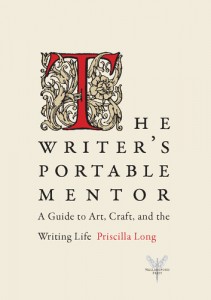
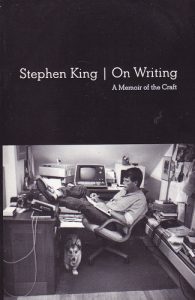
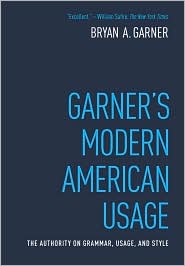
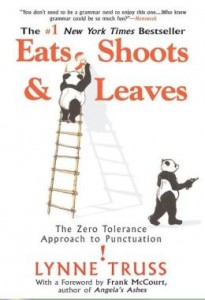
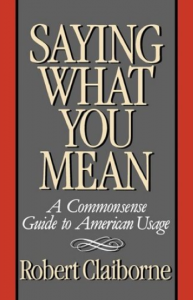
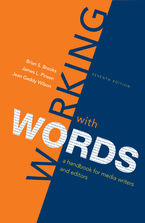
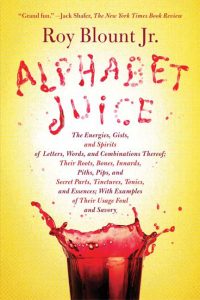




















Leave A Comment